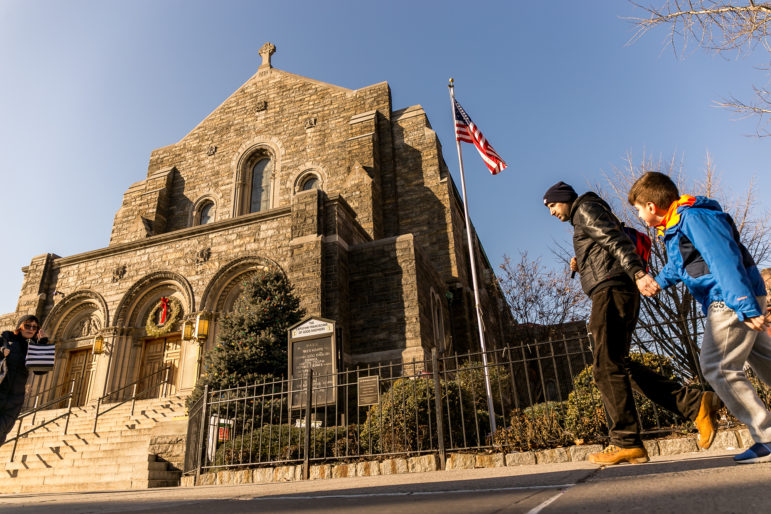A New York State bill that would prohibit doctors and other health professionals from participating in torture or mistreatment of prisoners is edging its way toward passage, which would make it the first state anti-torture law of its kind in the country.The bill, known as the Gottfried-Duane Anti-Torture Bill, seeks to formally prevent health professionals – including doctors, pharmacists, therapists, nurses and more – from any involvement in torture, including direct participation, evaluating prisoners to develop interrogation strategies, and hiding or ignoring evidence of mistreatment.The proposed law makes the consequences for participating in prisoner mistreatment explicit, said Dr. Allen Keller, an associate professor of medicine at New York University School of Medicine and director of the Bellevue/NYU Program for Survivors of Torture. “We like to think of those who would torture as two-headed monsters, but I think it’s actually easier for these things to happen then we’d like to think,” he said. “This gives doctors the fallback to say, ‘I can’t do that, because I could lose my license.’”In April 2009, the federal government released reports documenting the involvement of physicians in “enhanced interrogation,” the label the Justice Department and Central Intelligence Agency applied to waterboarding and other controversial techniques used to obtain information from detainees. “Whether you think waterboarding is ‘enhanced interrogation’ or torture, we should not be sending young people to medical school and giving them a license to practice healing so they can help a CIA agent or prison guard inflict pain and suffering,” said one of the bill’s sponsors, Assemblyman Richard Gottfried, a Democrat representing District 75, in Manhattan.The bill passed the Assembly’s Higher Education committee last week, and is now before the Codes committee. In the Senate it is before the Health committee, of which the bill’s other sponsor, Senator Thomas Duane, also a Democrat from Manhattan, is the chairman.




